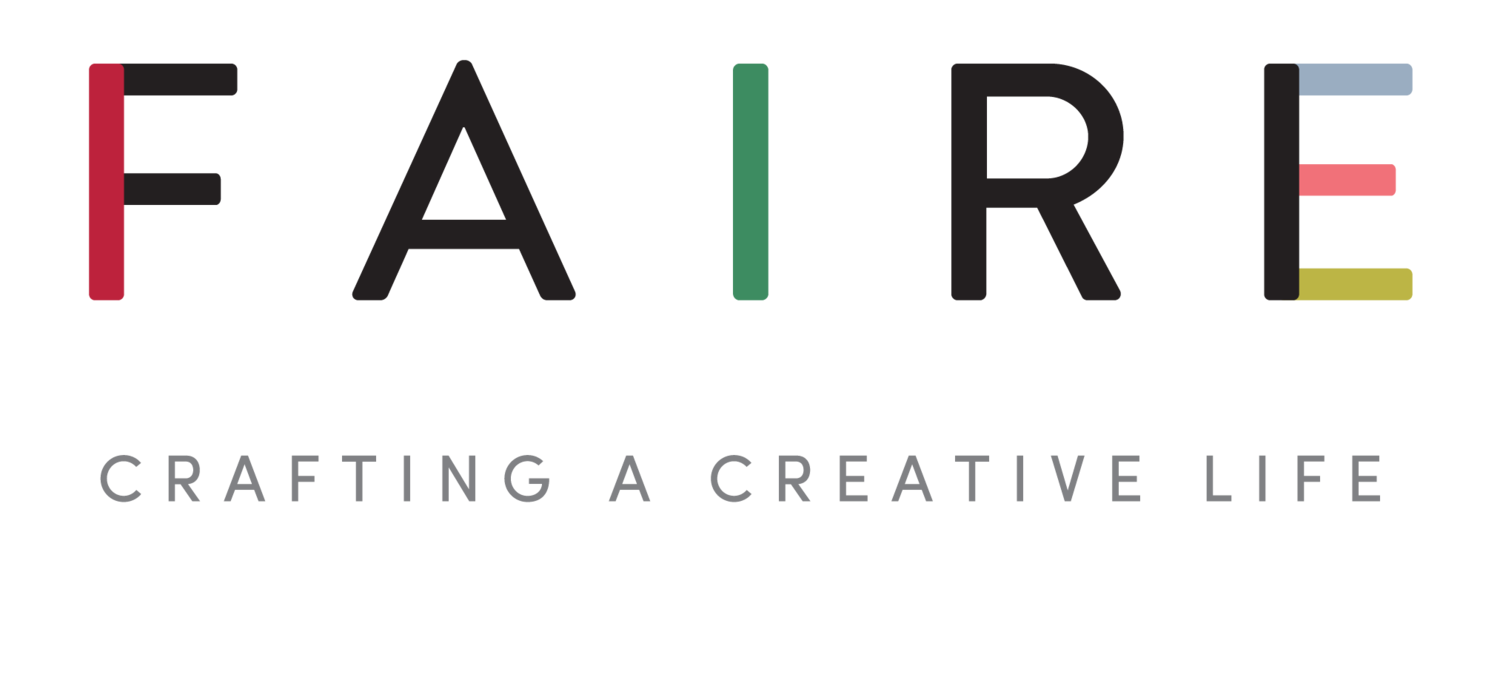Am I a Writer Now?
Elizabeth Bond lives in a little cottage in Kinsale on the south coast of Ireland, right beside the sea. Having spent her working life to date in the leisure and tourism industry, she returned to education to study English and History of Art in University College Cork. Following a brain bending but highly stimulating degree course, she now spend much of her time writing or thinking about writing. With the odd swim in between.
Portrait courtesy of Elizabeth Bond
Words by Elizabeth Bond
Joining a creative writing class was a big decision for me. For all sorts of reasons. Surely you can either write or you can’t write? Can the intrinsic skill of good writing really be taught? Many brilliant authors would no doubt scoff at the notion of joining a class citing a burning desire to actually write as the most elemental requirement. Or perhaps all that is needed to inspire the squat pen towards brilliance is the reading of classic literature. Then practise and more practise.
Even then I doubt any writing course guarantees a published book in your lifetime.
What exactly does ‘Creative’ mean? Reserved for the child who is good at papier-mâché at school, it now means getting creative with a workaday literary idea. Perhaps an injection of 007 into Joyce’s mundane day trip through Dublin. Or 666 into “Murder at Ballymundane”. Certainly the slow unfurling of Daddy’s destructive power in McGahern’s “Amongst Women” demonstrates a restraint wholly insulted by the word Creative.
We’ve all read of the author living in penury who, despite mounting rejection slips, remains forever faithful to his hefty tome. Only to be discovered for the genius he is by some obscure publisher who goes on to become a lifelong mentor and friend. And who now lives the dream of being a fulltime author. Which he silently believed was his due but never dared say out-loud to friends. And definitely not to family.
So how can a tutor judge my writing? After all, Louisa May Allcott of “Little Women” fame was told to “Stick to the books, you cannot write.”
So with a curious mind and closed attitude I signed up to a university level Creative Writing Course.
Prose
It came as a surprise that we are to submit two short stories over the first few weeks. It seemed a bit tight to find my own unique voice. Not much time for ideas to evolve on a windswept strand. Because of the silence that sits so lightly on young shoulders but weighs more heavily on those more mature, I found myself volunteering for the first week.
We are to use a sandwich-style of critique when reviewing one another’s attempts. That is one negative sandwiched between two positives. Challenging enough considering the Irish aversion to saying a bad word about anyone to their face, especially something as notional as wanting to be a writer.
The first short story submitted is so good that I want to tear up my own sad attempt. It is engaging, consistent in tone and style, everything fits with ease. The wholly unexpected twist at the end is so ingenious that I cringe at reading mine aloud. My story doesn’t have a twist so it has to, apparently, hang on to something less obvious, something deeper and requiring more skill. Other stories are not as good, but each has its own merits. Standing out from the crowd will be difficult.
Flash-fiction, or postcard fiction, an exercise that dispenses with the safety net of time and contemplative thought, was very exciting. A smattering of sentences thrown together in a mere ten minutes. Each sentence, each word has to work hard to make the page. And yes, everyone quoted Hemingway’s baby shoes as the ultimate flash fiction.
Another Hemingway story, “Hills Like White Elephants”, is exasperating. So sparse yet so evocative. I am there on the train station platform, sweating in the hot, hot sun. Told almost exclusively through dialogue, it feels like eavesdropping on a conversation heaving with the subtle nuances of covert bullying. How does he do that? I am told to develop my characters a bit more, but Hemingway tells us nothing and yet we are completely invested in the girl’s operation. How is it even a short story? It reads like a chapter from a book but is completely contained.
“I’ve heard over and over again to write what I know, but I’m just not sure exactly what it is I know.”
Some Do’s and Don’ts;
Resist the temptation to compare yourself to others. Your writing is unique to you
Do not overwrite
Only bad writers think their writing is very good
Pare it back again. Again. And again.
Write what you know.
Some students go for plot, a brilliant storyline. Others love language. Still others are keenly attuned to emotion. We discuss well-known writers of each style. I’ve heard John Banville admit to only once achieving the perfect sentence. Where does that leave the rest of us?
I’ve heard over and over again to write what I know, but I’m just not sure exactly what it is I know.
Poetry
Approach the poem with an open mind. Enlightened permission from the wonderful poetry lecturer. So poetry does not have to read in hushed tones. Just be in the presence of the poem. Hmmm……
The most revealing and encouraging advice was to read Billy Collins’ “Introduction to Poetry”. He understood that tying the poem ‘to a chair’ and ‘beating it with a hose’ is exactly what the leaving cert poetry question demanded. Being told to just listen to the sound and heartbeat opened a slow and gentle way into the poem.
A poem doesn’t have to have characters, a storyline, logic or sense but must have melody, rhythm, flow, and feeling. Using this guide and the suggested borrowing of an opening line from a published poem acted as a kind of gateway into writing an actual poem. One that was received kindly.
A painting is also a good starting point. The poem can journey as far as you like from the painting. It’s just to prompt a start. Painting is visual poetry. Who knew?
The watershed moment is when the intention of the author is forgotten and the reader takes ownership of the lines, weaving them into their own life. In effect, the poem has as many lives as it has readers.
Memoir
A memoir does not have to encompass your whole life. It can just capture a point in time. Like a story. And it need not be mind-blowingly exciting. Because most people have ordinary lives. Proust uses a warm cup of tea and a scalloped pastry madeleine enjoyed on a wet winter’s evening to unleash a torrent of forgotten rooms, gardens, and streets of his childhood.
The object of a memoir is to surpass nature and embody life itself. How the writer accesses that life is personal, be it through Proust’s cup of tea, a particular incident or even a room that lives on in your memory. It is not just a replay of the past but a locating of certain triggers that influence how the rest of life is lived. Perhaps even a stream of consciousness.
After 10 weeks of lectures, I have learned that Creative Writing is a flippant expression for the tortuously difficult skill of good writing. Good writing is a literary text that someone else will read. Voluntarily. It is a consistently disappointing and frustrating exercise that leaves the would-be writer with a pained brain and sore neck. Every time. I cannot imagine any writer delighting at the label Creative Writer. But what the ubiquitous Creative Writing Class does do is extend the hand of hope to the millions who quietly harbour notions of being a writer.







